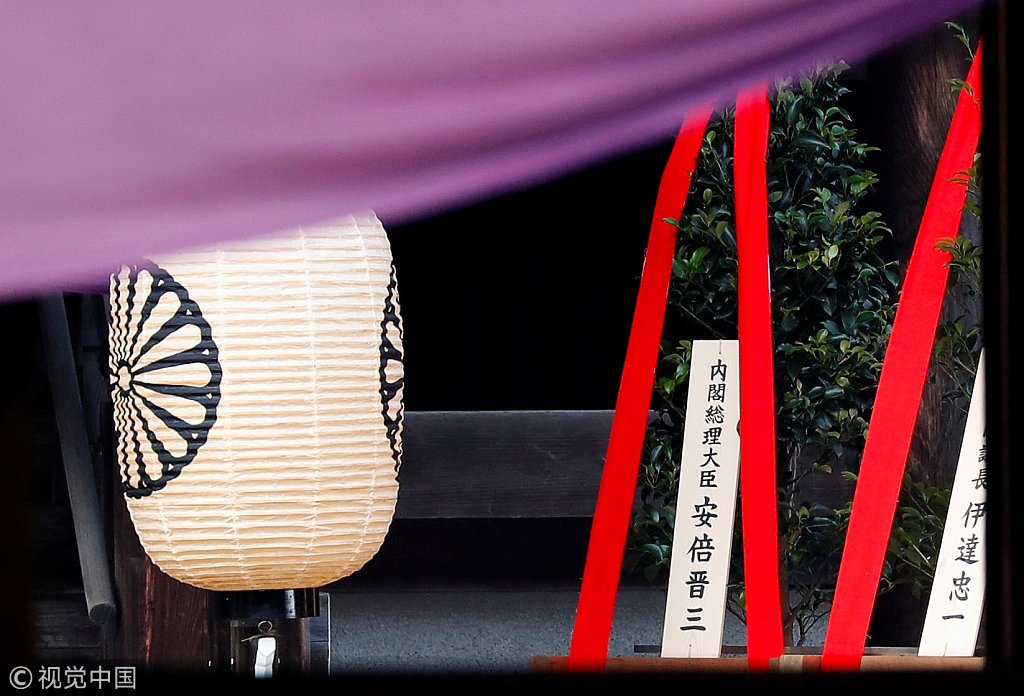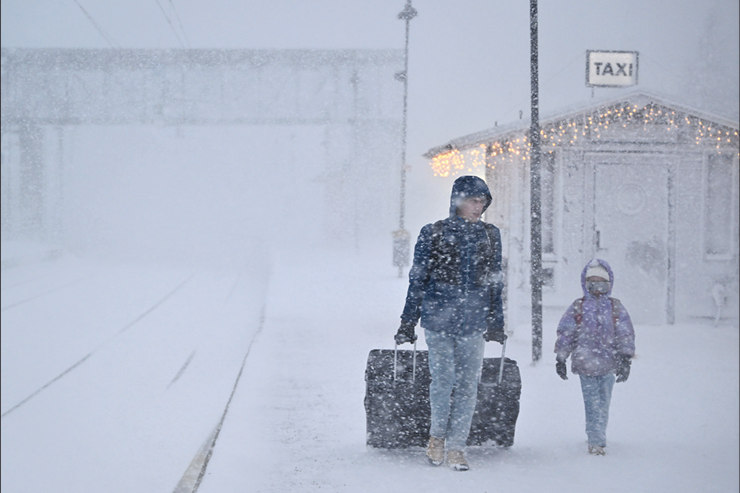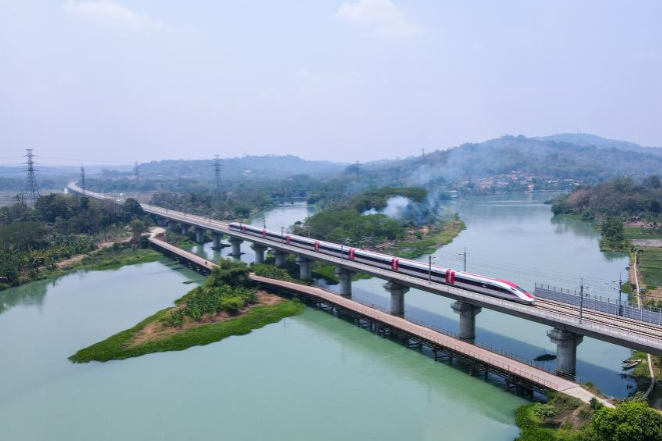Abe offering to controversial shrine met with criticism, worries over China visit


In sending a ritual offering to a controversial war shrine, Japanese Prime Minister Shinzo Abe has cast a shadow over his upcoming visit to Beijing and jeopardized the warming of the Sino-Japanese relationship, experts said.
On Wednesday, while he is still on an overseas trip in Europe, Abe sent an offering to the Yasukuni Shrine in Tokyo on the first day of its four-day autumn festival in the name of the prime minister.
Yasukuni is controversial among Japanese liberals, Japan's former colonies and wartime foes as it honors 14 Class-A criminals of World War II along with 2.5 million war dead.
Chinese Foreign Ministry spokesman Lu Kang said China "resolutely opposed Japan's wrong actions" over the shrine on Wednesday.
"We urge Japan to correct the wrong practices and win back the trust of its Asian neighbors and the international community with concrete actions," he told a daily news briefing.
Ding Xiangshun, a law professor at Renmin University of China, said that sending the offering to Yasukuni hurts the feeling of Chinese people and does no good ahead of Abe's visit to the country.
"Beijing and Tokyo are seeing a warming-up in their relationship at this point," Ding said. "I hope this trend can be continued because it benefits both, however, honoring Yasukuni is an act in the opposite direction."
In what has become a familiar ritual for conservative politicians in Tokyo, Abe has not been to the shrine in person since his last visit in December 2013. On that occasion, he drew strong condemnation from Beijing and Seoul, as well as displeasure from then-Obama administration.
However, Abe has continued to send offerings to the shrine during its spring and autumn festivals since he took office in 2012.
Ding believes Abe is trying to strike a compromise by balancing domestic politics and the expectations of the international community.
"The power of the right-wing conservatives in Japan's politics should not be underestimated," Ding said. "It is sometimes politically beneficial to speak out in militarist or even imperialist terms, and that is something the neighboring countries should be worried about," he said.
Masanari Koike, a visiting fellow at Tsinghua University and former member of Japan's House of Representatives, said Abe has kept up the offerings to avoid unnecessary consequences in domestic politics.
"Abe was initially attractive to Japanese for his clean and nationalistic image, but as the administration is losing its transparency and humility, any possible change in his stance, such as the Yasukuni Shrine, will cause an unnecessary impact on public opinion," Koike said.
"Because most Japanese people think that Abe shows his consideration for relationships with neighbors by not visiting the shrine himself."

































